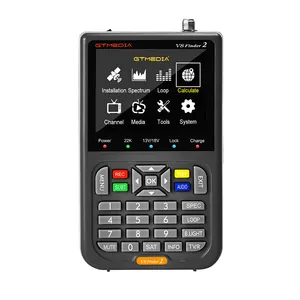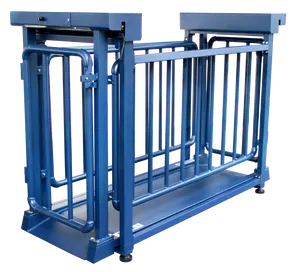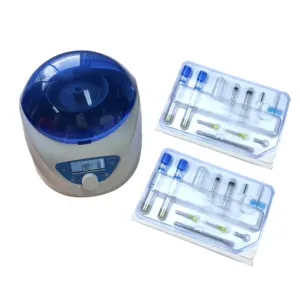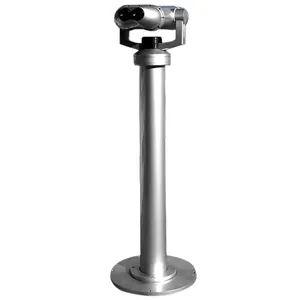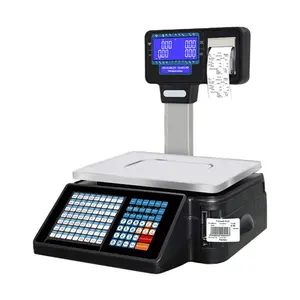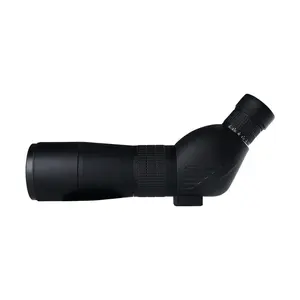Popular in your industry







































































Related Searches:
















































































































































About milk flow meter
What is Flow Meter For Milk Analysis
Flow meters for milk analysis are sophisticated instruments used to measure the volume of milk or milk products that flow through a particular point in a dairy processing system. They are essential tools in the dairy industry, enabling precise monitoring and control of milk flow during various stages of production, processing, and packaging. These devices cater to a wide range of users, from small-scale dairy farmers to large industrial dairy operations, ensuring that milk is handled efficiently and with consistent quality.
The fundamental principle behind flow meters for milk analysis is the measurement of the volume of fluid passing through a given point in the system. This is typically achieved through a combination of mechanisms that may include ultrasonic sensors, which emit and receive high-frequency sound waves that bounce off the milk flow, creating a Doppler shift. The shift in frequency is then correlated with the flow rate of the milk, which is calculated using a specific formula. The data collected by the flow meter is crucial for process optimization, quality control, and adherence to industry standards.
Flow meters designed for milk analysis come with features such as sanitary fittings to handle dairy products, which are known for their high viscosity and the potential to form deposits on flow meter walls. To address this, these meters are constructed with materials that are resistant to corrosion and buildup. Their sanitary design ensures that the milk is not contaminated during measurement, making them suitable for food-grade applications.
Types of Flow Meters for Milk Analysis
Several types of flow meters are available for analyzing milk content. Each type has its own set of characteristics tailored to suit specific applications:
-
Ultrasonic Flow Meters: These meters use high-frequency sound waves to determine the velocity of a fluid flow through a pipe. They are commonly used in clean and hygienic environments such as dairy processing plants. Their non-contact nature makes them ideal for materials that could be contaminated by traditional measurement methods.
-
Coriolis Flow Meters: These advanced meters directly measure mass flow by analyzing the Coriolis effect, which involves the detection of phase shifts in the fluid as it flows through the meter. They are known for their high accuracy and are widely used in industries requiring precise measurements like pharmaceuticals and food processing.
-
Magnetic Flow Meters: Utilizing an electromagnetic principle, these meters measure the electromotive force generated by a moving conductive fluid through a magnetic field. They are suitable for measuring conductive and corrosive materials and are often found in the chemical industry or in dairy farms for milk analysis.
-
Positive Displacement Flow Meters: These meters deliver a consistent volume per revolution by repeatedly displacing a measured quantity of fluid. They are particularly useful in situations where high viscosity or precise measurement is required, such as in a laboratory setting.
How to choose Flow Meter For Milk Analysis
Selecting the appropriate flow meter for milk analysis is crucial for ensuring product quality and safety. When choosing a flow meter for B2B sales or commercial use within the dairy industry, businesses should consider several factors:
-
Measurement Range and Accuracy: It's important to select a flow meter that can accurately measure within the required range. Since different types of meters have varying levels of accuracy, this is a key consideration.
-
Compatibility with Milk Quality Standards: The meter should comply with industry-specific regulations for milk quality. It's vital that the chosen meter can provide reliable readings for parameters such as fat content, protein content, and temperature.
-
Material Contact: Since the meter will be in contact with food products, it must be made from materials that are food-grade and can be easily sanitized to meet hygiene standards.
-
Type of Measurement: The specific needs will determine whether a volumetric or mass flow meter is more appropriate. Volumetric meters may be preferred for simplicity and ease of maintenance, while mass flow meters offer high accuracy for sensitive applications.
-
Environmental Conditions: It's important to consider the operating environment where the meter will be used. Factors such as temperature extremes, exposure to chemicals or cleaning agents, and potential interference from electrical devices can impact meter performance and longevity.
-
Customization Options: Some businesses may require customized features such as remote monitoring or specific calibration settings. The ability to obtain ODM (Original Design Manufacturing) or OEM (Original Equipment Manufacturer) support can be critical for such specialized needs.
About Flow Meter For Milk Analysis on Alibaba.com
For businesses looking to source reliable flow meters for milk analysis, Alibaba.com stands out as a premier global marketplace. It offers an extensive selection of devices suitable for various applications within the dairy industry. From ultrasonic to magnetic or vortex flow meters, each product is designed to meet specific operational needs while ensuring accuracy in measurement.
Alibaba.com simplifies international trade by connecting buyers with an array of suppliers offering products that can be tailored to meet custom requirements. Whether you need a flow meter with digital display capabilities or robust analog instruments for on-site testing, Alibaba.com facilitates access to these specialized devices. With services like Trade Assurance that protect payments until delivery is confirmed complete, buyers can source their equipment with confidence.
Moreover, Alibaba.com's platform is user-friendly both on desktops and mobile devices, enabling buyers to communicate with suppliers in their local language and manage orders effectively. With its global reach and commitment to quality assurance across all products listed on the site, Alibaba.com is an invaluable resource for businesses seeking top-tier solutions in their operations involving milk analysis or any other field requiring precision measurement tools.
Common FAQs for Flow Meter For Milk Analysis
What is a flow meter for milk analysis used for in a dairy setting?
A flow meter for milk analysis is used to measure the flow rate of milk and to ensure that the milk is flowing at the desired rate for processing or packaging. It is essential for quality control and consistency in dairy production.
How does a flow meter for milk analysis work?
A flow meter for milk analysis typically works by measuring the flow rate of milk through a pipe using various technologies such as ultrasonic, electromagnetic or thermal mass flow, and then calculating the volume of milk passing through.
What are the key parameters that can be measured by a flow meter for milk analysis?
Key parameters that can be measured by a flow meter for milk analysis include flow rate, total volume, density (for calculating mass flow), and temperature. Other parameters may be available depending on the specific metering technology.
What should I consider when choosing a flow meter for high-viscosity milk analysis?
When measuring high-viscosity milk, it's important to select a flow meter that is specifically designed to handle such materials, such as positive displacement or magnetic flow meters, to ensure accurate measurement.
Can a flow meter for milk analysis be integrated into existing dairy processing systems?
Yes, many flow meters can be integrated into existing dairy processing systems, but it's crucial to ensure compatibility with the system's requirements and design limitations.
Are there portable options available for flow meters?
Yes, there are portable flow meters suitable for fieldwork and situations where mobility is important, such as on-site quality control or when access to a fixed installation is limited.
How do I ensure that the flow meter for milk analysis is accurate?
To ensure accuracy, select a flow meter that is calibrated properly for the specific fluid being measured and that has been designed or tested to provide precise readings under your operational conditions.
What kind of maintenance do flow meters require?
Regular maintenance requirements depend on the type of flow meter but generally include cleaning, checking for physical damage, and recalibration as needed to maintain accuracy.
Can I use the same flow meter for different types of milk or dairy products?
Some flow meters are versatile and can be used for a range of milk and dairy products, while others are more specialized for specific types of milk or dairy products. Check the specifications of the flow meter to ensure it meets your product requirements.
Is it possible to customize a flow meter for my business's unique needs?
Many suppliers offer customized support such as ODM (Original Design Manufacturing) or OBM (Original Brand Manufacturing), allowing businesses to tailor the specifications of a flow meter to their particular requirements.
